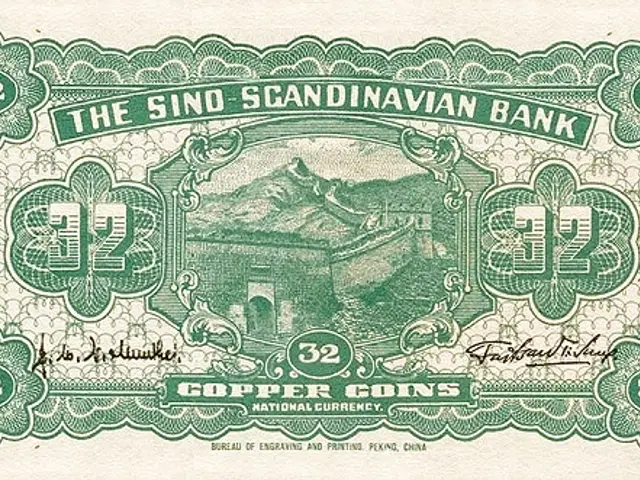Future Developments in Marketing Beyond AR/VR Technologies
The marketing landscape is on the cusp of a transformative era, with innovative technologies set to redefine the way brands connect with their audiences.
In this new age, marketing strategies could become more interactive and immersive, thanks to the rise of Augmented Reality (AR) and Virtual Reality (VR). These technologies are expected to pave the way for experiential marketing, offering consumers unprecedented levels of engagement and immersion.
One such innovation is sensory marketing, which could incorporate haptic feedback and digital scent technology. This means that future marketing campaigns might not just appeal to our senses of sight and sound, but also touch and smell. For example, online shopping platforms might offer haptic feedback to mimic the texture of fabrics, while perfume brands could allow consumers to digitally smell fragrances before making a purchase.
Food brands are also getting in on the action, with the potential for neuro-gastronomy technology to deliver taste-enhanced digital experiences.
Enhanced AI-driven automation is another key component of this future marketing landscape. With the ability to personalise content at an unimaginable scale, AI is poised to revolutionise the way brands interact with their audiences. Companies developing neural interfaces, similar to Elon Musk's Neuralink, are at the forefront of this revolution. German firm CorTec, backed by investors like Peter Thiel and Christian Angermayer, has already implanted a brain chip in a patient. Other notable players include Blackrock Neurotech, Synchron, Precision Neuroscience, Paradromics, and Wearable Devices, which is developing AI-powered neural interfaces for military applications.
The future of marketing is also expected to be more intelligent, with faster and more precise data analysis leading to hyper-targeted campaigns. Quantum computing, once fully developed, could revolutionise data processing for predictive marketing, providing brands with unprecedented insights into consumer behaviour.
Real-time trend forecasting could also optimise marketing strategies, allowing brands to stay ahead of the curve and capture the attention of tomorrow's audiences.
Brands that stay ahead of these trends will undoubtedly have a competitive edge in this exciting new marketing era. As technology continues to evolve, it's clear that the future of marketing is going to be more interactive, immersive, and intelligent than ever before.
Read also:
- Peptide YY (PYY): Exploring its Role in Appetite Suppression, Intestinal Health, and Cognitive Links
- Toddler Health: Rotavirus Signs, Origins, and Potential Complications
- Digestive issues and heart discomfort: Root causes and associated health conditions
- House Infernos: Deadly Hazards Surpassing the Flames






